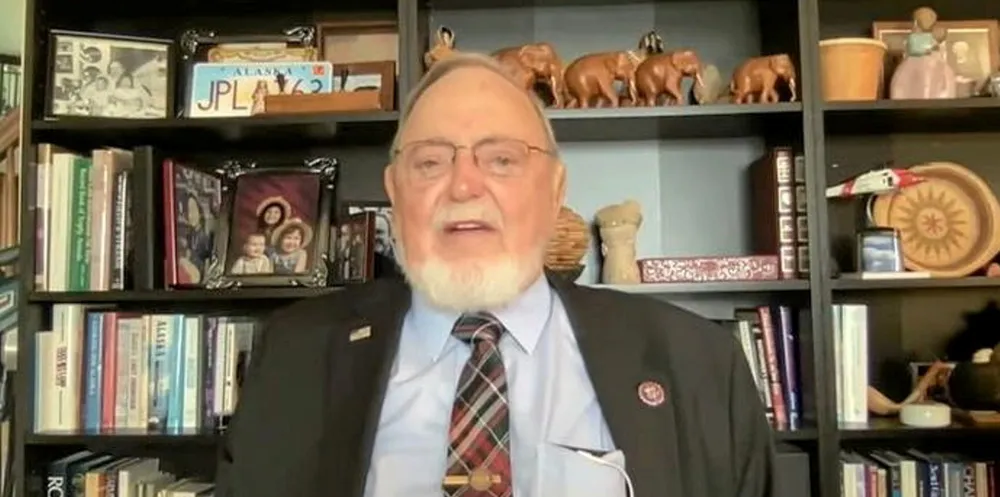Alaska lawmaker clarifies support for state's salmon hatcheries, despite aquaculture opposition
Congressman Don Young said during a Congressional hearing in July he was 'concerned about the balance between fish and farmers and people.'

Congressman Don Young said during a Congressional hearing in July he was 'concerned about the balance between fish and farmers and people.'
